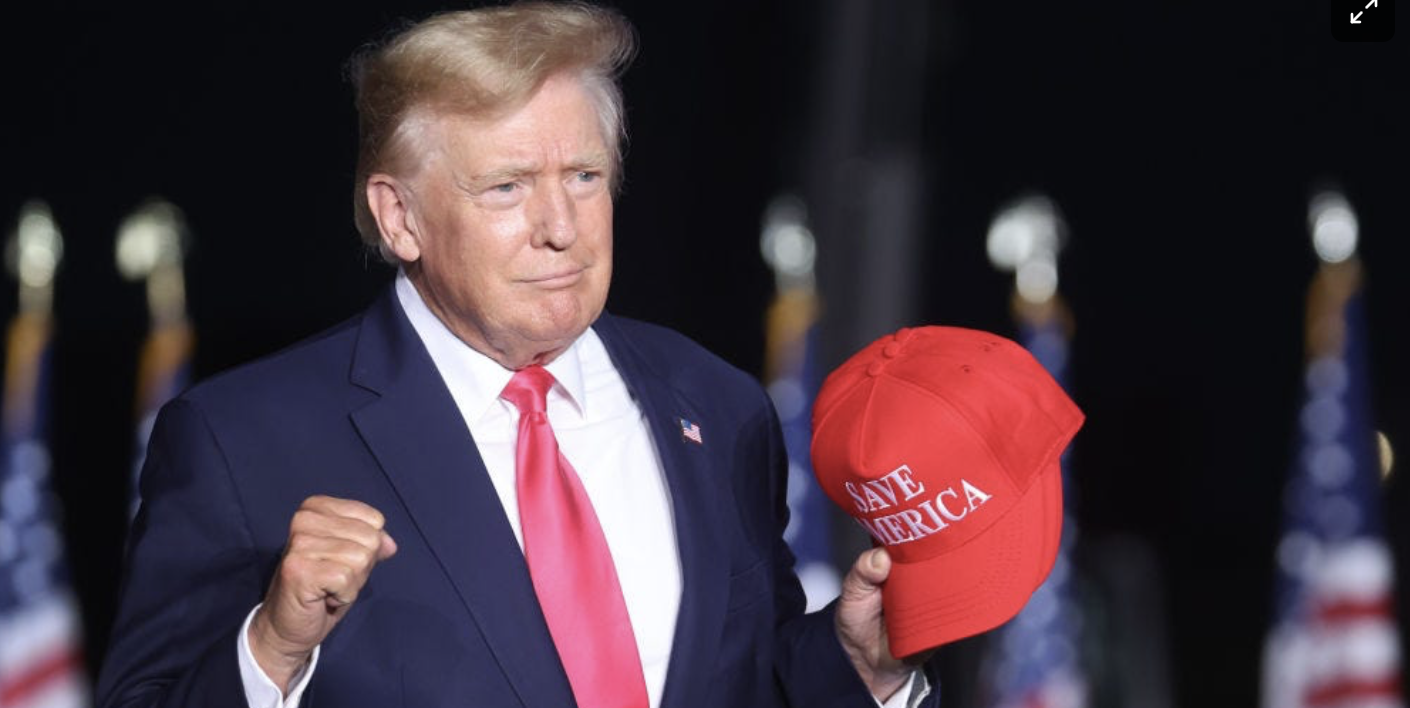Kerby Anderson
In a recent commentary about being a champion of truth, Jonah Goldberg made a passing comment that deserves more attention. He noted that “Marian Wright Edelmen named her outfit the Children’s Defense Fund in part because it made it easier to say opponents of her preferred policies were ‘anti-child.’”
He went on to argue that “the whole anti-racism racket depends on the same rhetorical sleight of hand.” He explains that “it’s not good enough to say you’re opposed to racism; it’s not even good enough to fight racism as you think best. You have to support the policies of the anti-racist activists.”
In his book, No Reason to Hide, Erwin Lutzer explains propaganda and how the use of names and slogans are used to promote a political agenda. He quotes Noam Chomsky who said a revolution can be brought about only when you have a slogan that is hard to speak against.
He believes that one of the most effective slogans of our day is “Black Lives Matter.” Supporting the cause seemed right because black lives do matter. But smuggled underneath was a Marxist orientation and a policy agenda that most Americans would immediately reject.
Another is the call for us to “fight for social justice.” Believers should support justice, but details matter. Fortunately, several Christian leaders and writers make a distinction between the world’s idea of social justice and a biblical view of justice.
During the campaign season we are awash in campaign slogans like: Make America Great Again, Build Back Better, Restore the Soul of a Nation, Our Future is Now, and Forward Together. They all sound nice, but the positive feeling of some fade when you begin to look at the policy details. These two authors remind us to use discernment and to develop critical thinking skills.
 Listen Online
Listen Online Watch Online
Watch Online Find a Station in Your Area
Find a Station in Your Area









 Listen Now
Listen Now Watch Online
Watch Online
